SENIOR cabinet members from Boris Johnson’s team, including the prime minister, are expected to travel to India this year as both countries step up their bilateral engagements, India’s high commissioner to the UK has revealed.
In an exclusive interview with Eastern Eye, Gaitri Issar Kumar also said New Delhi was open to lower tariffs on UK products exported to India and that both countries were exploring further collaboration in healthcare. Despite lockdown restrictions due to the pandemic, officials from both sides were able to conduct business without hindrance, she said, leading one peer to say that “four years’ worth of work had been accomplished in 18 months”.
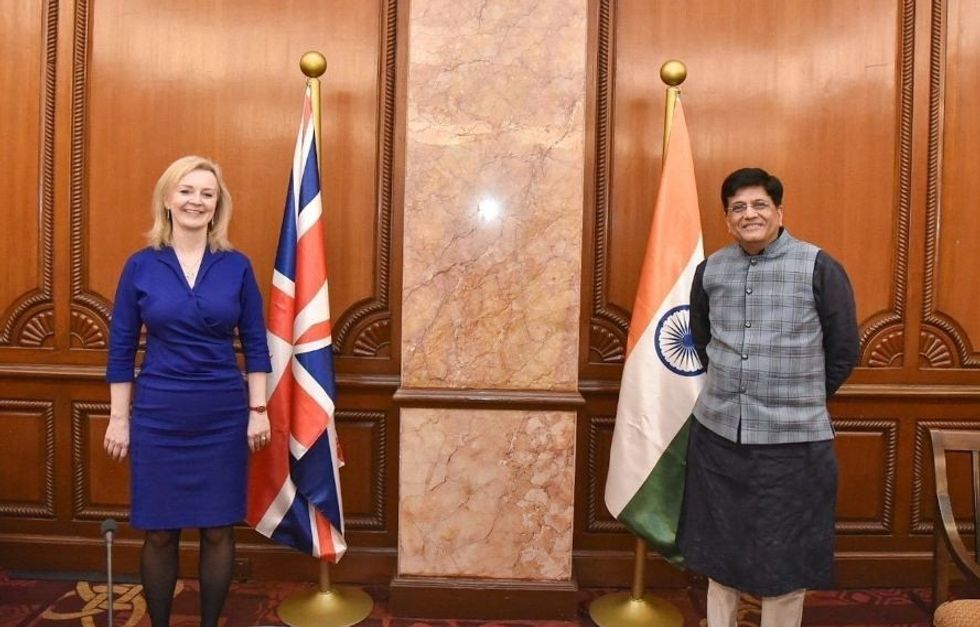
Kumar said India’s foreign minister S Jaishankar and UK foreign secretary Liz Truss were due to meet imminently and added India’s defence minister Rajnath Singh will also visit the UK.
“This year we see the UK health secretary visiting India and both governments, involving the private sector, hope to cement a promising health cooperation partnership,” the high commissioner revealed.
“Indian doctors and medical professionals have a proven track record in the UK and in future, and if things open up, Indian workers can contribute to the hostcountry tremendously.”
Prime minister Boris Johnson, who is fighting to keep his job, has seen his scheduled visit to India delayed more than once due to the pandemic. He could travel for a summit in India in spring or summer, Kumar told Eastern Eye. “We look forward to the visit of prime minister Boris Johnson to India. The postponements were a great disappointment,” she said.
Britain and India launched the 2030 “roadmap” in May last year, following a virtual summit between both leaders; this incorporates agreements in trade, defence, climate change and health, among others.
Kumar, who took charge at India House in Aldwych in June 2020 at the height of the first wave of the pandemic, said, “The 2030 Roadmap has very ambitious targets – and I am happy to share that despite lockdowns, restrictions on meetings and a lot of people working from home... it is surprising how much we have been able to achieve.”
“One of the members of the House of Lords remarked that we have packed in four years’ of work into these 18 months!”
There have been several ministerial level visits between the UK and India in the past year. Most recently, Britain’s international trade secretary Anne Marie Trevelyan travelled to India last month, hoping to kick off talks on securing a free trade deal.
At the time, junior minister Ranil Jayawardena told reporters Britain would like to see lower tariffs on UK exports to India, including on British-made cars.
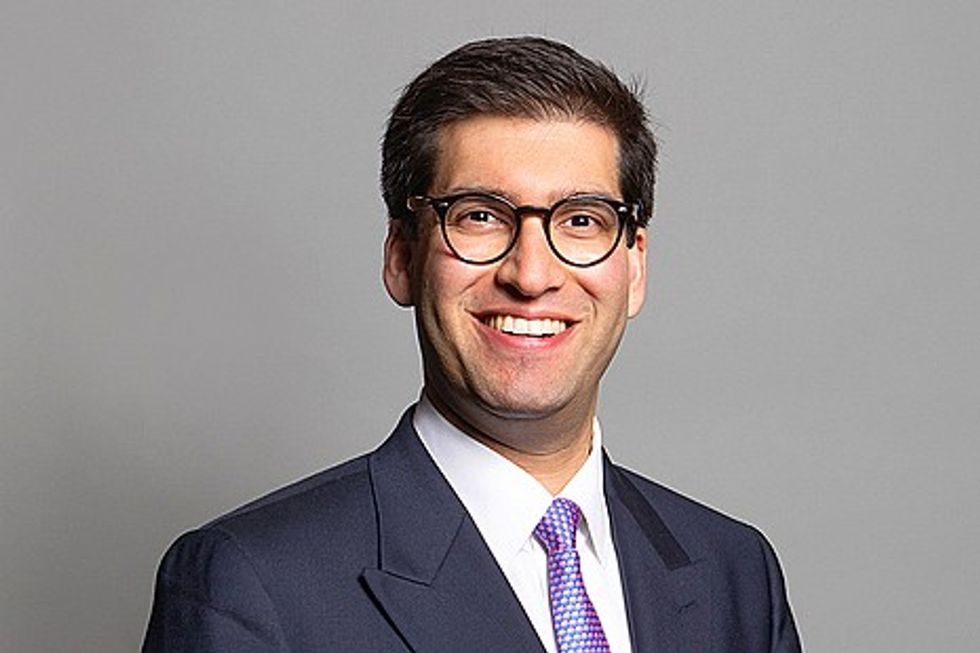
Is it something the Indian government will consider?
“Why not?” said the high commissioner. “Both sides are aiming high. We have set ambitious targets. I strongly believe that an excellent, balanced, mutually lucrative free trade agreement (FTA) can be achieved if negotiations are honest and gracious.
“There has to be give and take. We are working on the best deal possible.” Following a meeting between Trevelyan and India’s commerce minister Piyush Goyal, a joint statement by India and the UK reiterated a target of doubling bilateral trade volumes by 2030. “Both sides have agreed we will focus initially on areas which are of mutual benefit and where there is less disagreement, and for which we have set a very aggressive timeline of next few months,” Goyal told reporters.
Johnson added, “The UK has world-class businesses and expertise we can rightly be proud of, from Scotch whisky distillers to financial services and cutting-edge renewable technology.”
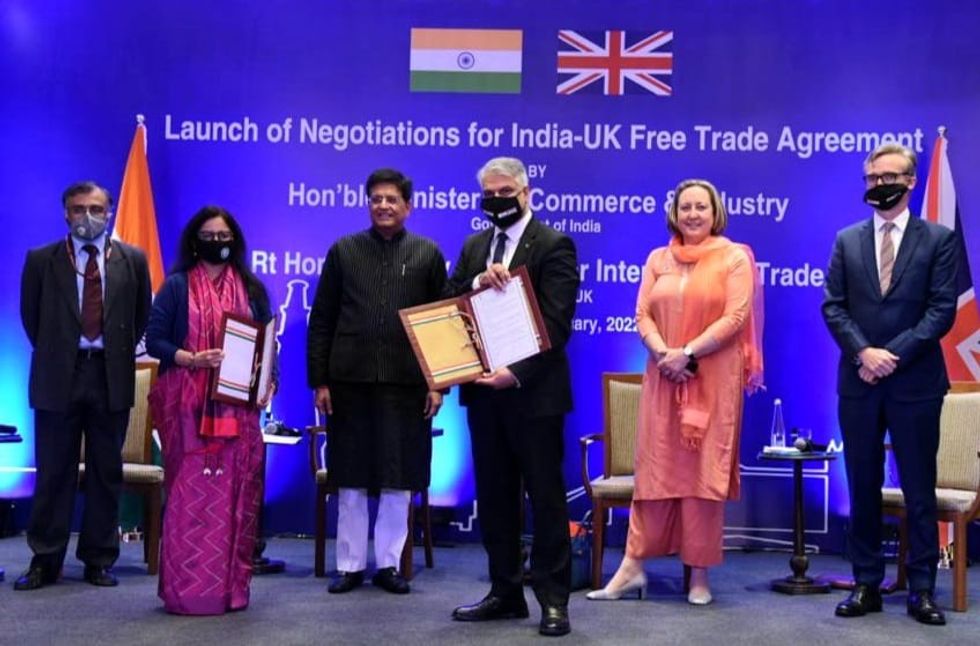
Kumar said both countries’ economies are “complementary and everything is on the table.
“If the negotiation process follows logic and is reasonable, expectations of both sides can be achieved to the maximum,” the high commissioner added. “We are committed to a win-win bilateral trade and economic agenda; the India UK FTA provides tremendous opportunities and once concluded, will be the hallmark of our cooperation in the coming years.”
She added, “As we prepare for a summit level meeting in 2022, the foreign ministers of both countries will meet again in a few weeks to review progress before the 2022 summit. This regular monitoring keeps us all – including private sector stakeholders – on our toes.”
When he visited the UK in November 2015, prime minister Narendra Modi indicated that New Delhi would have preferred the UK to remain in the EU. However, five years after the referendum vote was held with a win for Vote Leave, India’s high commissioner revealed that the UK leaving the European Union had little or no impact on Indian business in this country.
“I have, from time to time, interacted with Indian businesses in the UK who feel the ecosystem of this country is familiar to them and they are comfortable in doing business from the UK,” Kumar said.
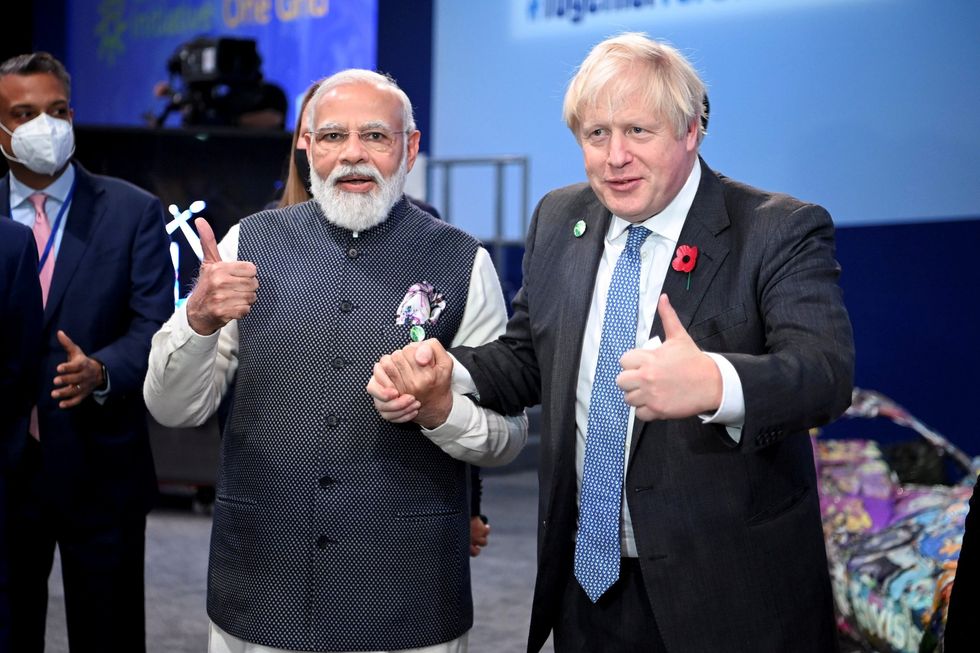
“Brexit has hardly discouraged them. Brexit has not been a reason for any major Indian company to shift from the UK, not to my knowledge.”
Britain unveiled plans in spring last year to pivot its strategic focus towards Asia, in a major shift of security, defence and foreign policy since the Cold War era.
Unveiled in March 2021, the document, called Global Britain in a Competitive Age, identified the Indo-Pacific region – including India as well as other emerging economies in the region – as “critical” to Britain’s economy, security and global ambitions.
Kumar told Eastern Eye that New Delhi welcomed the tilt towards the Indo-Pacific region and said, “our countries have a shared commitment to democracy, human rights, rule of law and a rules-based international order.”
On China, the diplomat said, “India has a comprehensive bilateral institutional dialogue framework to address all issues in the relationship – including the sensitive outstanding issue of border settlement.”
The diplomat also revealed her optimism – despite the pandemic – that India has sustained the pace of growth to remain the fastest growing emerging economy in the world. “It is hoped India will maintain this trajectory to be a $5 trillion economy by 2025 set by our prime minister,” she said.
Various government initiatives, including “Swachh Bharat, Atmanirbhar Bharat, Stand up India, Start up India, Skill India, Digital India will support the country in navigating its way into the next decade,” the high commissioner said.
Her remarks came as India celebrated its Republic Day last Wednesday (26) and in August this year, will mark 75 years of independence as “Azadi ka Amrit Mahotsav”.
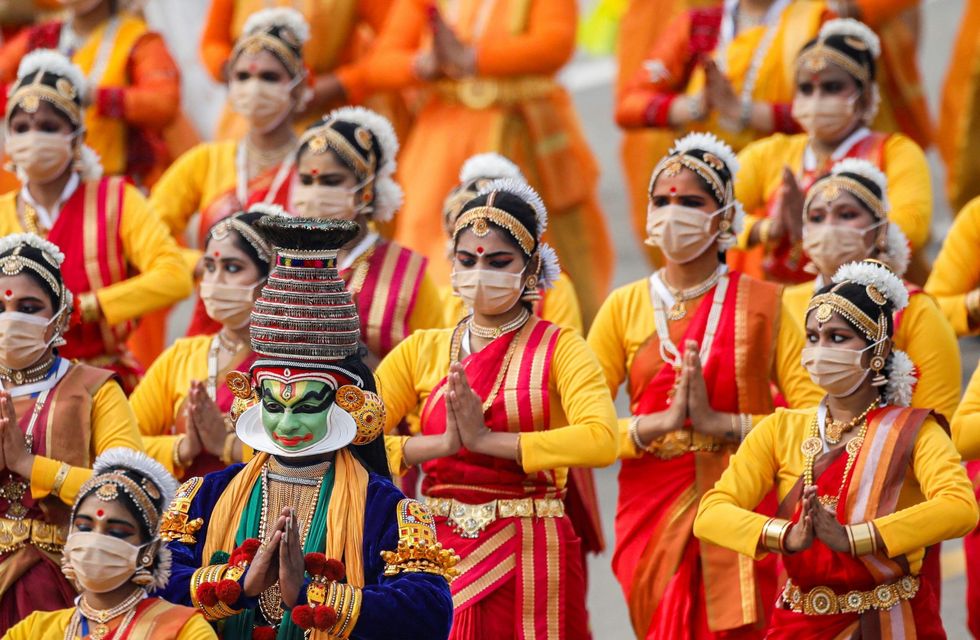
While there will be events planned throughout the year in India, the high commissioner said she would “love to consult the Indian community here on what they would like to do”.
“The British Asian community makes a unique and tremendously valuable contribution in every sphere. Our foreign ministries and High Commissions have been working on a few ideas. These would be milestone events in diverse areas,” she said.

















 Owen Patrick Joyner’s character faces off with a jammed vending machine in a tense moment from Final Destination: BloodlinesYoutube
Owen Patrick Joyner’s character faces off with a jammed vending machine in a tense moment from Final Destination: BloodlinesYoutube 

